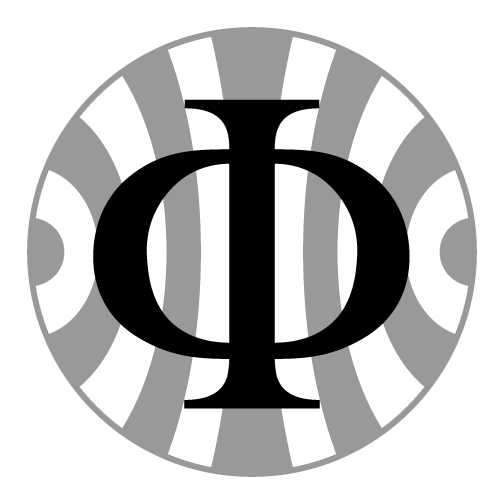Statistical Methods in Particle Physics - Tools and Documentation
N. Berger (exercises)Lecture home page
We will work on the CIP pool at the PI, which you can access with your standard URZ account In order to work on these machines, you should master basic command line skills on an unix-like machine. You will also have to use an editor to write code, something with syntax highlighting is always nice, but what you use is of course a matter of taste. Some of the more popular choices are
- VIM: If you do not really like to use the mouse, like cryptic keyboard commands and want something that runs anywhere, using a minium of resources.
- Emacs: If you like to use the mouse occasionally, like even more cryptic keyboard commands and want something that does everything from email to psychiatry. My personal editor of choice, even tough I always forget which buttons to press and have to refer to the reference card.
- Nedit: If you are looking for an editor that behaves as expected (especially if you come from Windows), even if you do not learn a single new keyboard shortcut
- The root homepage
- The root users guide
- The root API documentation, where you will mainly need the histogram class TH1F
export ROOTSYS=/opt/root-5.28 export PATH=$PATH:/opt/root-5.28/bin export LD_LIBRARY_PATH=$LD_LIBRARY_PATH:/opt/root-5.28/lib after that, root should start with just typing root.
Root is written in C++ and also uses C++ as a script language. You do not need to be an accomplished OO programmer to use root (rather to the contrary), but some basic knowledge of C++ certainly helps.If you need to brush up your C++ skills a bit, you could check out
- http://www.cppreference.com/Refernce for C++ keywords and the STL (Standard Template Library) - ideal if you know hat you want, but forgot the name or the order of parameters or so.
- Introduction to imperative C++ should be enough to get you started on the language.
- Introduction to C++ for root users teaches what is needed for root; definitely no C++ course
export LD_LIBRARY_PATH=$ROOTSYS/lib:$PYTHONDIR/lib:$LD_LIBRARY_PATH export PYTHONPATH=$ROOTSYS/lib:$PYTHONPATH For more infornmation on Python and PyROOT, start from the following websites:


